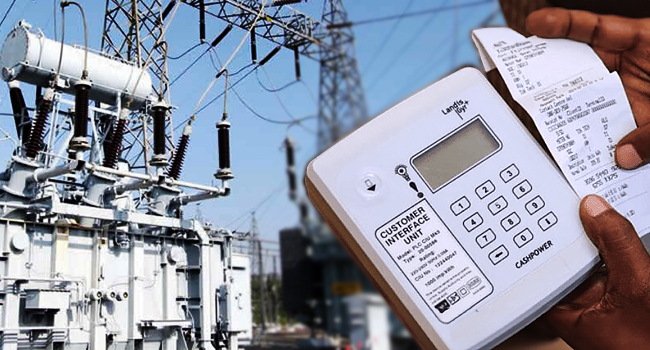Nigerian governors have urged the Federal Government to enforce a “no-meter, no-service” policy for all new electricity connections to tackle the metering issues in the power sector.
This plea was outlined in the Development of the National Integrated Electricity Policy and Strategic Implementation Plan: Policy Recommendations by State Governments to the Federal Ministry of Power document from the Nigeria Governors’ Forum.
In the document, state governments highlighted the pivotal importance of electricity meters in bridging the significant metering gap, which is essential for the viability of sub-national markets.
The states further argued that State Electricity Regulatory Commissions (SERCs) should possess the autonomy to determine the most appropriate meter technology, type, and form for deployment within their electricity markets.
The document read, “States believe that the provision of electricity meters to close the huge metering gap is a necessary requirement to make sub-national markets viable. However, SERCs in conjunction with the Distribution Licensees should be allowed to determine the meter technology, type and form of meters to be deployed within their State’s electricity markets, taking into consideration the cost of meters, extent of the telecommunications coverage in the State, tariff methodologies adopted by the SERC (fixed tariff, time of use, etc) and metering requirement in urban and rural communities and across customer categories arising from their energy consumption.
“States are of the view that the national electricity policy should mandate an immediate “no-meter, no-service” policy for all new connections, to prevent the metering gap from further increasing.”
The states also called on the FG to facilitate low-cost, long-term funding for metering schemes, noting this could be achieved through direct loans to Distribution Licensees or off-balance sheet funding via special purpose meter finance companies or meter asset special purpose vehicle (SPV) companies.
Additionally, the document recommended encouraging electricity customers to buy prepaid meters from accredited providers and SERC-approved manufacturers.
“The Federal Government is urged to provide low-cost, long-term funding for metering schemes as direct loans to Distribution Licensees or off-balance sheet funding through special purpose meter finance companies (or meter asset SPV companies) to close the metering gap, whilst also encouraging electricity customers to directly purchase prepaid meters from accredited meter asset providers and manufacturers accredited by the SERC.
“States on their own will implement their viable metering programs and metering regulations to close the metering gap within their state electricity market,” the document revealed.











